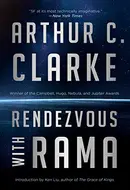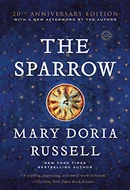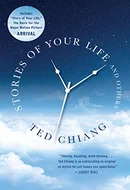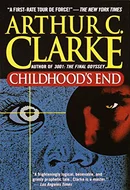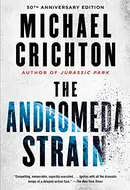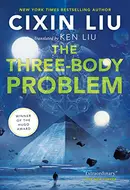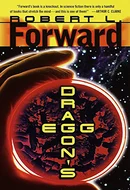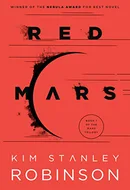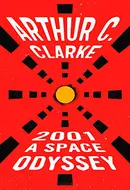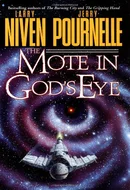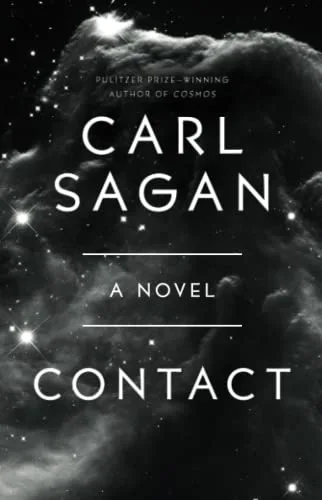
"Contact" by Carl Sagan is a science fiction novel that explores humanity's first contact with an extraterrestrial civilization. The story follows astrophysicist Ellie Arroway who decodes a message from space providing instructions to build a Machine. Along with a group of scientists, she embarks on a journey into space to meet the intelligence behind the message. The book delves into how society, religion, politics, and individuals react to the possibility of contact with beings from another world. Sagan's writing style is described as detailed and in-depth, with a focus on scientific accuracy and philosophical contemplation.
The plot of "Contact" starts slowly but gradually builds up the tension as the characters navigate through the complexities of deciphering the alien message and preparing for the encounter. Sagan's unique approach to visualizing the aliens and his exploration of how the world might react to such an event make the book captivating and thought-provoking. Despite some pacing issues and a divisive ending, the novel offers a mix of hard science fiction, spiritual exploration, and social commentary, making it a compelling read for fans of the genre.
Genres:
Tropes/Plot Devices:
Topics:
Notes:
From The Publisher:
The Pulitzer Prize-winning author of Cosmos and renowned astronomer Carl Sagan's international bestseller about the discovery of an advanced civilization in the depths of space remains the "greatest adventure of all time" (Associated Press).
The future is here…in an adventure of cosmic dimension. When a signal is discovered that seems to come from far beyond our solar system, a multinational team of scientists decides to find the source. What follows is an eye-opening journey out to the stars to the most awesome encounter in human history. Who-or what-is out there? Why are they watching us? And what do they want with us?
One of the best science fiction novels about communication with extraterrestrial intelligent beings, Contact is a "stunning and satisfying" (Los Angeles Times) classic.
Ratings (49)
Incredible (12) | |
Loved It (20) | |
Liked It (10) | |
It Was OK (4) | |
Did Not Like (3) |
Reader Stats (99):
Read It (52) | |
Want To Read (35) | |
Did Not Finish (1) | |
Not Interested (11) |
4 comment(s)
The pacing was slow. I felt like I had to invest far too much time before getting to the substance of the plot.
This book makes me want to become a mathematician.
Long winded.
I read Contact years ago, but it's probably the book I most often think about--sometimes for no reason at all. The impression it's left on me is indelible, both as a writer and a person.
Contact does everything right. It keeps its science fiction in the background, looming as a growing conflict and a way to drive tension. But the story itself is really about the protagonist, Ellie, and how she navigates Earth's first contact with another intelligent species. She's a wholly sympathetic character who navigates the story as well as we might hope any protagonist can, representing all the great qualities of an inquisitive scientist without ever becoming unrealistic or "too good" (if that makes sense). She's an excellent vessel for the reader, whose curiosity should be similarly piqued with every new reveal.
What's truly masterful about this book is how grounded it is for 90% of the story. The alien presence is all but a theory for humanity, and the conflicts really stem from Earth's reaction to that. And yet, the mere prospect of what could happen is enough to make the book a page-turner at every chapter. This is not to say it doesn't deliver on the sci-fi; it absolutely does. But Sagan knows that good sci-fi is really a reflection of humanity, and by the time we finish the story, we are just as enthralled with Ellie's journey on Earth as we are with... well, I won't spoil the rest.
About the Author:
Carl Sagan was Professor of Astronomy and Space Sciences and Director of the Laboratory for Planetary Studies at Cornell University. He played a leading role in the Mariner, Viking, and Voyager spacecraft expeditions, for which he received the NASA medals for Exceptional Scientific Achievement. Dr. Sagan received the Pulitzer Prize and the highest awards of both the National Academy of Sciences and the National Science Foundation for his contributions to science, literature, education, and the preservation of the environment. His book Cosmos was the bestselling science book ever published in the English language, and his bestselling novel, Contact, was turned into a major motion picture.
When you click the Amazon link and make a purchase, we may receive a small commision, at no cost to you.
